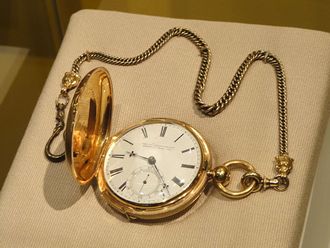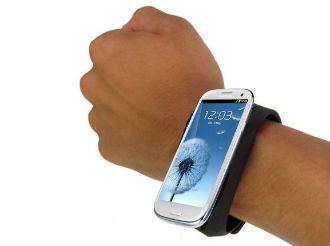 Never let it be said that Microsoft doesn’t copy its competitors. Because it always has, and always will and has never “innovated” anything apart from marketing hype.
Never let it be said that Microsoft doesn’t copy its competitors. Because it always has, and always will and has never “innovated” anything apart from marketing hype.
So it is no surprise to read that Microsoft is going to launch a so-called “smartwatch” in a few weeks, according to a report in Forbes. It has dabbled in these waters before, but without any conspicuous success.
While analysts predict that the so-called “wearable” market will be worth millions in a few years, the jury is still well and truly out on whether people will want to pay good money for smartwatches.
Forbes predicted that the Microsoft watch will track your heart rate and work with different operating systems than just Windows. And it claims it will have a battery life of only two days.
Apparently Apple’s smartwatch has to be charged every night, which is a bit of a pain in the butt. There’s no word on pricing.






